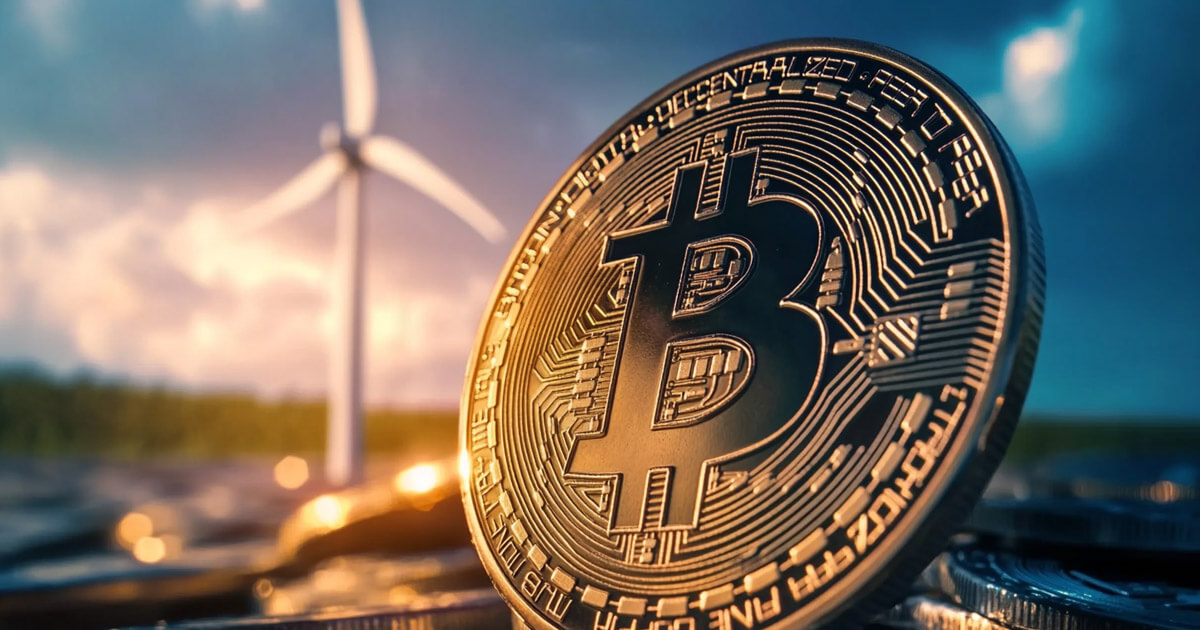German tradFi giant confirms attempt to mine Bitcoin with surplus energy to stabilize grid


German telecommunications giant Deutsche Telekom coalition Together with Bankhaus Metzler, Germany’s oldest bank, we are launching a pilot project to test Bitcoin mining infrastructure powered by surplus renewable energy. The goal of this initiative is to utilize surplus power from renewable energy sources that remains unused due to grid limitations or lack of storage options.
According to an announcement on Monday, November 4th, Increasing renewable energy production poses challenges in stabilizing the energy grid due to irregular production peaks depending on weather conditions. Deutsche Telekom says Bitcoin Mining can be important in balancing supply and demand within the grid. The method has already been successful in countries such as the United States and Finland, and a pilot project seeks to verify its effectiveness in Germany.
Mining operations are hosted by Metis Solutions GmbH and located at the Riva GmbH Engineering facility in Backnang, Germany. Riva Engineering, a manufacturer of metal and glass facades, generates its own electricity through photovoltaic systems. Telekom MMS will be responsible for operating the mining rig, while Bankhaus Metzler will participate in test execution definition and data analysis to explore further possibilities for financial services through digital assets.
Oliver Nyderle, head of digital trust and web3 infrastructure at Deutsche Telekom MMS, said the project was a step toward testing the effects of regulation of Bitcoin miners on the energy grid. he said,
“Surplus energy is converted into digital value through miners. We call this digital currency photosynthesis.”
Hendrik König, Head of Digital Assets at Bankhaus Metzler, emphasized gaining experience in applying blockchain technology. “Our goal is to further develop the innovative power of blockchain technology in Germany,” he said. The bank established the Digital Asset Office in 2022 to focus solely on blockchain technology and the digital asset ecosystem.
Telekom MMS has provided the infrastructure for a variety of decentralized protocols in the Web3 sector, including networks such as Chainlink, Fetch.ai, and Polygon. In 2023, Telekom expanded its portfolio by operating a Bitcoin node, becoming the first to participate in the proof-of-work network.
The goal of the pilot project is to collect field data and insights to plan follow-up plans and potentially contribute to stabilizing the energy grid during fluctuations. Wind power producers and solar farm operators can benefit from this technology to solve unpredictable power regulation problems.



